Best Resale Value: medium SUV buyer’s guide
All new vehicles lose value over time, it’s a fact of life. But this report will help you figure out which medium SUVs best hold their resale value, so you can make an informed choice today
When your old car dies and you need to buy a new one, or simply because you want a new car, the problem of resale value can make you feel like you can never win.
But everything loses value over time and medium SUVs, while extremely popular in Australia as the default family transport option, they also depreciate.
So this report aims to help you assess current resale values because if you’re looking to buy a new car, chances are, you’re looking at the mid-size SUV market segment. It is one of the biggest and toughest segments right now, with an extensive 24 different models all competing and fighting for your attention.
According to VFACTS (provided by the car industry), which counts new vehicle registrations in Australia, the most sought-after model in 2023 was the Toyota RAV4 followed by the Mitsubishi Outlander and Hyundai Tucson, and by about 6000 units over Subaru, there’s the Mazda CX-5. But that doesn’t mean you should ignore the rest.
Let’s take a closer look into their resale values as that could be the last deciding factor that you need before locking in the model you prefer. Specifically, we’ll take the top four best-sellers and compare them against some of the obscure, budget-focused rivals. All in the top-spec flagship model grades to maintain consistency.
(By the way, if you want to fight depreciation, click here >>)
Here’s a list of the models we’ll focus on, and their respective ‘sales’ for all of 2023 in Australia:
TOP 6
Toyota RAV4: 29,627
Mitsubishi Outlander: 24,263
Mazda CX-5: 23,083
Hyundai Tucson: 21,224
It’s worth also considering the Subaru Forester if you need its unique combination of full-time symmetrical all-wheel drive, a full-size spare and a very wide boot with one of the highest luggage volume capacities in the medium SUV segment.
Or there’s the also-brilliant Kia Sportage with an active all-wheel drive system in the diesel model grades, it gets a good-but-modest towing capacity, a full-size spare as well, plus some very polished interior design elements that makes it not only fantastic vehicle to drive (thanks to local Australin suspension tuning) but also excellent value.
Check out the full range of Best Medium SUVs here >> for in-depth reviews on each model.
BEST SELLING MODELS (of 2023)
Toyota RAV4 Cruiser
Starting with the favourite, the RAV4 is a great all-rounder and there is a huge perception of long-term reliability and trust with anything from the Toyota brand. So it’s easy to see why it is the best-seller, regardless of how bland the RAV4 is compared with its rivals.
Since this latest generation arrived in 2019, Toyota has maintained its hybrid tech which only sweetened the deal thanks to excellent real-world fuel economy. And you don’t need to step up to the upper variants to score hybrid benefits; all trim levels offer a hybrid option.
Going back five years ago, the top previous-gen model was the Cruiser AWD. It came in petrol and diesel forms, but we’ll use the petrol so we can compare against the others listed here (some of which haven’t been offered in diesel form).
Prices started from $44,490. Now, the resale value ranges between $26,800 and $29,800, for an average of $28,300. That means it has lost only $16,190, or 36 per cent of its original sticker price in five years.
Mitsubishi Outlander Exceed
Next up, the Outlander is one of the most trusted offerings here, and now with Mitsubishi providing a massive 10-year warranty, customer peace of mind doesn’t get much higher. The current model is offered in a variety of trim levels, including hybrid and seven-seat configurations, which is rare for this class.
Back in 2018 Mitsubishi was at the forefront of electrified powertrain technology in this class. It was the only mid-size SUV offered with a plug-in hybrid option, and it was a darn good system for its day.
We’ll exclude the PHEV variant for this comparison simply because it might skew the results, in either a positive or negative way, as no others are offered with hybrid power. Instead, we’ll use the Exceed 2.4L petrol.
Prices started from $41,000 when new and now the resale guide is between $23,950 and $26,800 for one of these on the used-car market. That’s an average value of $25,375 today, and results in a loss of $15,625 over five years. That works out to be a drop of 38 per cent.
Mazda CX-5 Akera
When the latest – and still current – generation arrived in Australia in around 2017, it blasted all rivals out of the water. Sales went through the roof. For a period there it was the best-selling SUV in Australia, outright. But since then Mazda has only applied small updates, which means the current model is dated.
The CX-5 offers great driving dynamics and a quality cabin, with strong albeit basic engine choices. There is no hybrid option but the CX-5 is one of the few remaining packages offered with a diesel today.
In 2018 the top model was the Akera diesel, but we’ll use the 2.5L turbo-petrol version for this comparison. Prices started from $49,170 back then – one of the most expensive for its class – and now the resale guide is between $28,200 and $31,350, for an average of $29,775. That means it has lost $19,395 over five years, or 39 per cent.
Hyundai Tucson Highlander
Hyundai has had mixed levels of success with the Tucson nameplate. During some months it enjoys class-leading sales while others it falls right down to fifth and sixth positions. This is partly due to the supply-chain issues that most companies have been enduring in recent times.
With a variety of trim levels and engine choices, the latest model remains a well-rounded package, and quite large in its current form against many competitors. A plug-in and conventional hybrid are offered overseas but not yet in Australia.
In 2018 the top model was the Highlander diesel, but we’ll take the 1.6L turbo-petrol for this test. Prices started from $45,450, and now the resale value is between $23,100 and $25,850, resulting in an average of $24,475. That’s a loss of $20,975, or 46 per cent.
Here’s how much each respective model has lost in resale value over the last 5 years:
-$16,190 (-36%)
-$15,625 (-38%)
-$19,395 (-39%)
-$20,975 (-46%)
2018 Toyota RAV4 Cruiser
2018 Mitsubishi Outlander Exceed
2018 Mazda CX-5 Akera
2018 Hyundai Tucson Highlander
I'll help you save thousands on a new medium SUV here
Just fill in this form. No more car dealership rip-offs. Greater transparency. Less stress.
BUDGET SELLERS
Haval H6 Lux
Now officially known as the GWM Haval H6, after Great Wall decided to rename itself to GWM in Australia, the H6 is the most popular budget-minded product in this class. Today, the model is offered with either a turbo petrol or turbo hybrid, and presents in Premium, Lux and Ultra trim levels, with an all-wheel drive option as well.
In 2018 the top model was the front-wheel drive Lux, featuring a 2.0-litre turbo-petrol engine. Prices started from just $33,990 when new, making it one of the most affordable options at the time. Now, the resale guide is between $16,200 and $18,350, for an average of $17,275.
That’s a loss of $16,715, which is pretty small compared with the price drop of the vehicles mentioned so far. But that turns out to be 49 per cent of its original price – the highest percentage drop in this list, so far.
MG HS Excite
The MG HS didn’t arrive in Australia until October 2019, but it has been one of the most popular budget models since it arrived. Although our comparison isn’t going to be completely fair, it is in favour of the MG since we’re looking at resale values after only four years.
In 2019 the top model was the front-wheel drive Excite, featuring a 1.5-litre turbo-petrol engine. Prices started from $33,990 when new, and now the resale value is between $17,000 and $19,150, for an average of $18,075. That’s a loss of $15,915 after four years, resulting in a 47 per cent drop.
Renault Koleos Intens
Based on the previous-gen Nissan X-Trail, the Koleos could be seen as an upper level alternative at the budget end of the segment. It is getting a bit old now, especially since its donor vehicle, the X-Trail, has moved onto bigger and better things.
The Koleos is mainly offered with a basic 2.5-litre petrol engine but a diesel has been offered at times, only for specific trim levels. Back in 2018 the top model was the Intens AWD diesel, but again, we’ll look at the petrol for continuity.
Prices started from $45,990 back in the day, which, as you can see, was pretty expensive for its segment. Now, the value has dropped to between $18,450 and $20,800, or an average of $19,625. That’s a loss of $26,365, or a whopping 57 per cent.
SsangYong Korando Ultimate
Lastly, the Korando. It’s actually becoming a veteran of this class, quietly running in the background while the front-runners battle it out. That’s not necessarily a good or bad thing, it just means it has some experience in this class.
Just two versions are on sale right now, including the ELX and the Ultimate. Both feature a 1.5L turbo-petrol connected to front-wheel drive, with prices starting from just $32,990 drive-away. You can certainly see why it has appeal to some buyers, as that is one of the lowest prices of the class.
Similar to the MG HS, the Korando wasn’t technically on sale in 2018. The nameplate went on holiday from 2016 and returned in 2019 for the current-shape generation. So, we’ll look at the 2019 version for this test as that is closer to 2018 than looking at the 2016 model.
Technically badged as the model year 2020 and released in September 2019, the flagship model was the Ultimate which was priced from $39,990. Since then, the value has dropped to $20,150-$22,500, for an average of $21,325. That’s a loss of $18,665, or 47 per cent in just under four years.
Here’s how they depreciated over the last 5 years:
-$15,715 (-49%)
-$15,915 (-47%)
-$26,365 (-57%)
-$18,665 (-47%)
2018 Haval H6 Lux
2019 MG HS Excite*
2018 Renault Koleos Intens
2019 SsangYong Korando Ultimate*
CONCLUSION: FIGHTING DEPRECIATION
As you can see, buying the cheap option doesn’t pay off in the long run. However, you often have to spend more initially to enjoy higher resale value in the future. This is not always the case but it is common in popular, mainstream segments like this one.
Depreciation is such an insidious, covert car-ownership cost. Here are some tips for kicking depreciation’s arse now and in the future…
You buy a new car. It depreciates. It’s like throwing a $50 bill out the window every few days. And you get nothing back and your car costs less.
The truly insidious thing about depreciation is the way it attacks covertly. You don’t pay it until the end, when your knuckles are white and you’re waiting for the sales dude to come back with his (markedly shit) trade-in offer. You know you’re about to get bent over, and the question is: ‘How hard?
If you had to pay your depreciation once a week, perhaps in cash, at the post office (like, if some arsehole made that was a law) new car sales would plummet over the perceived injustice.
Watch the full video report below to find out the very simple way of avoiding a resale ambush attack (by stealth)… Another option is to click the red button below and let AutoExpert’s crack team of dealer-negotiating assassins clear the room.


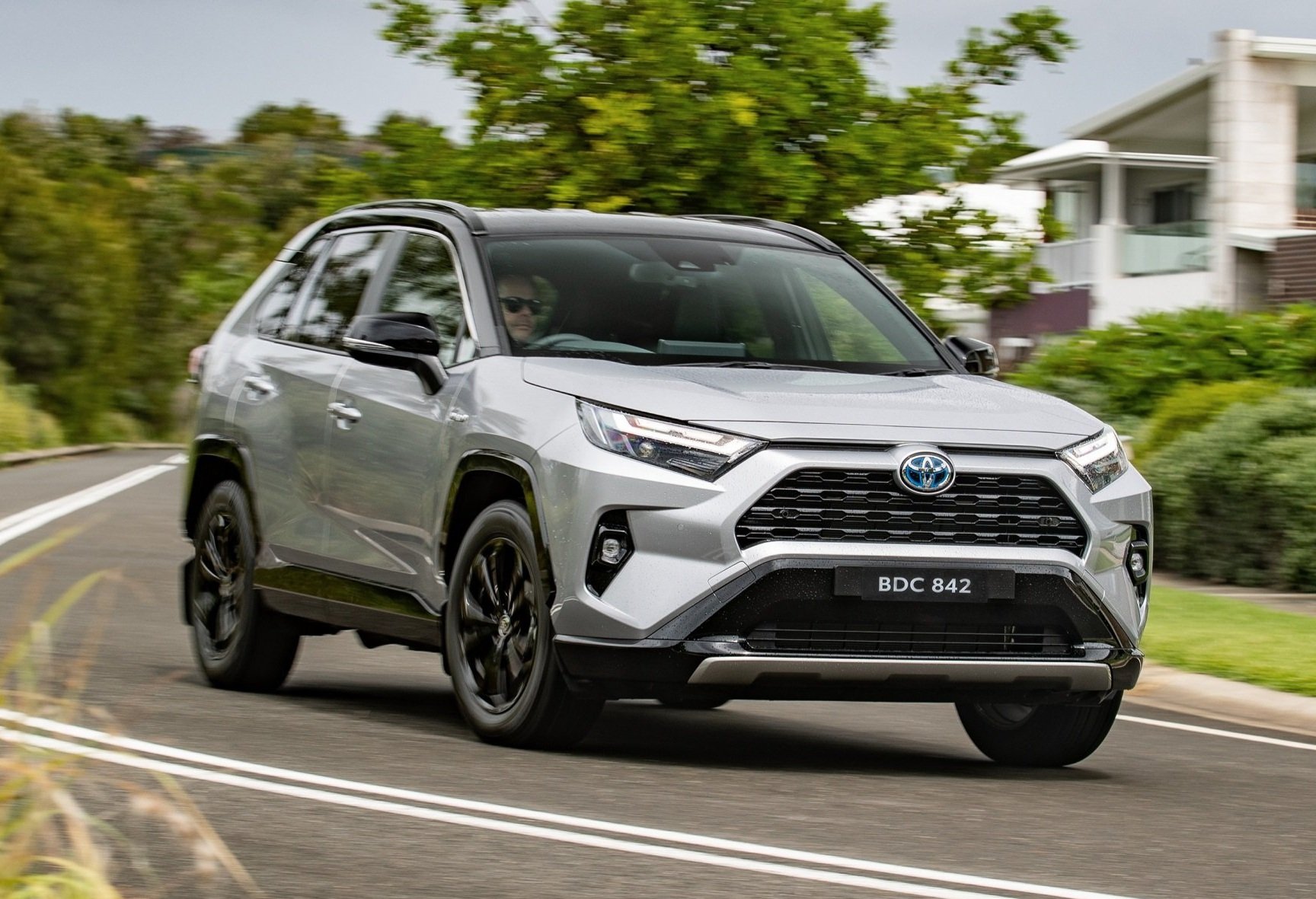
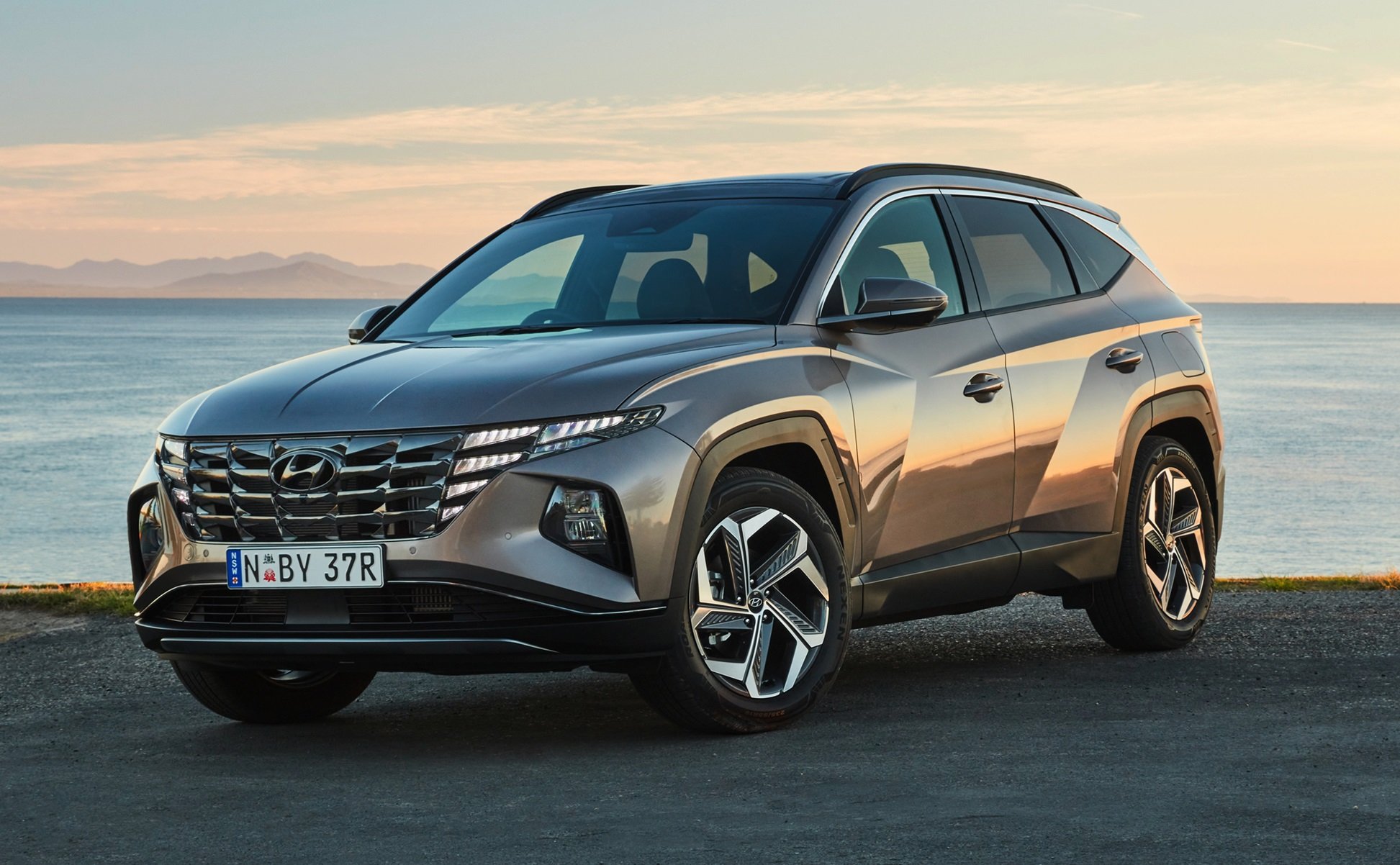
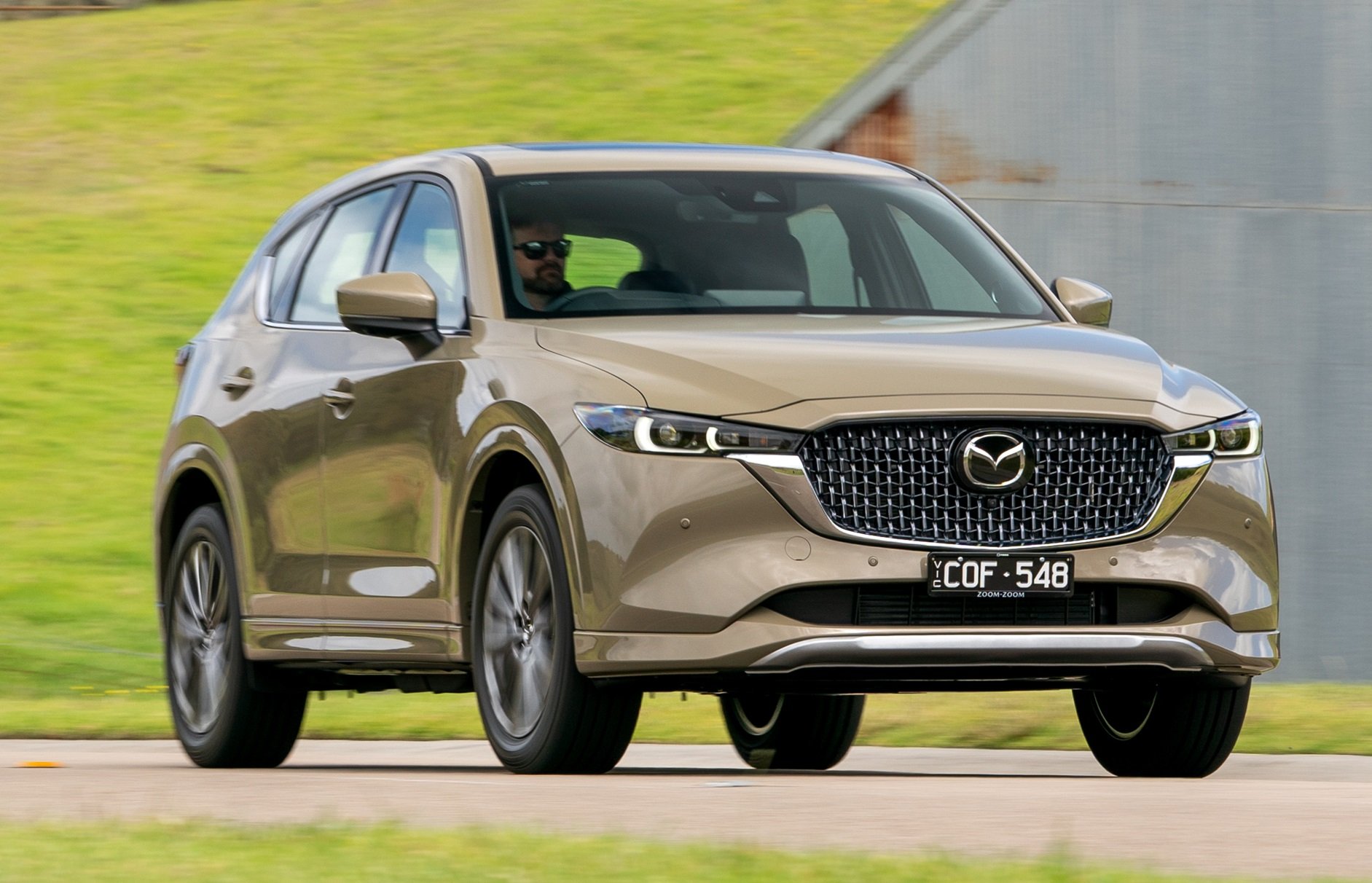
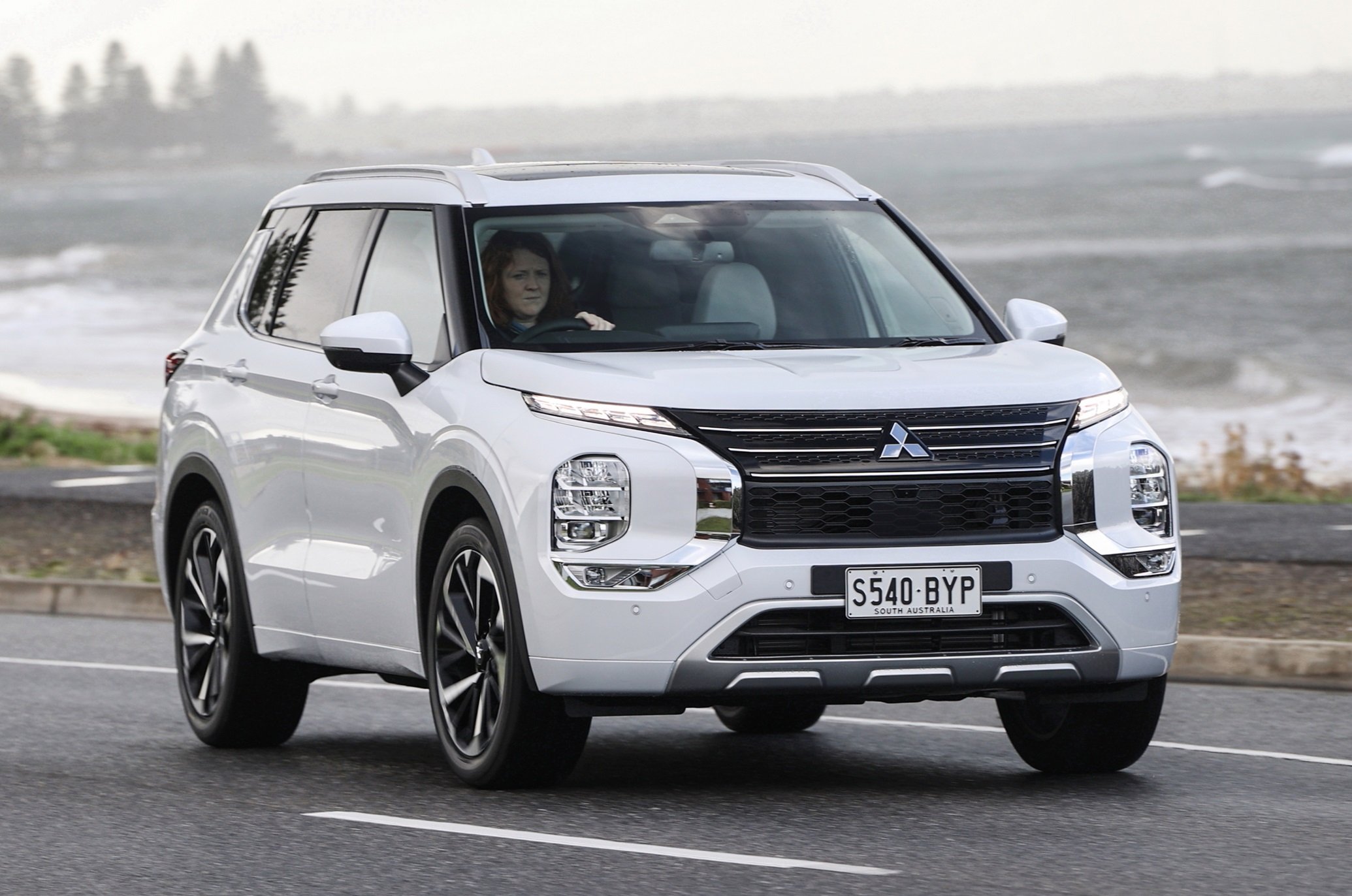
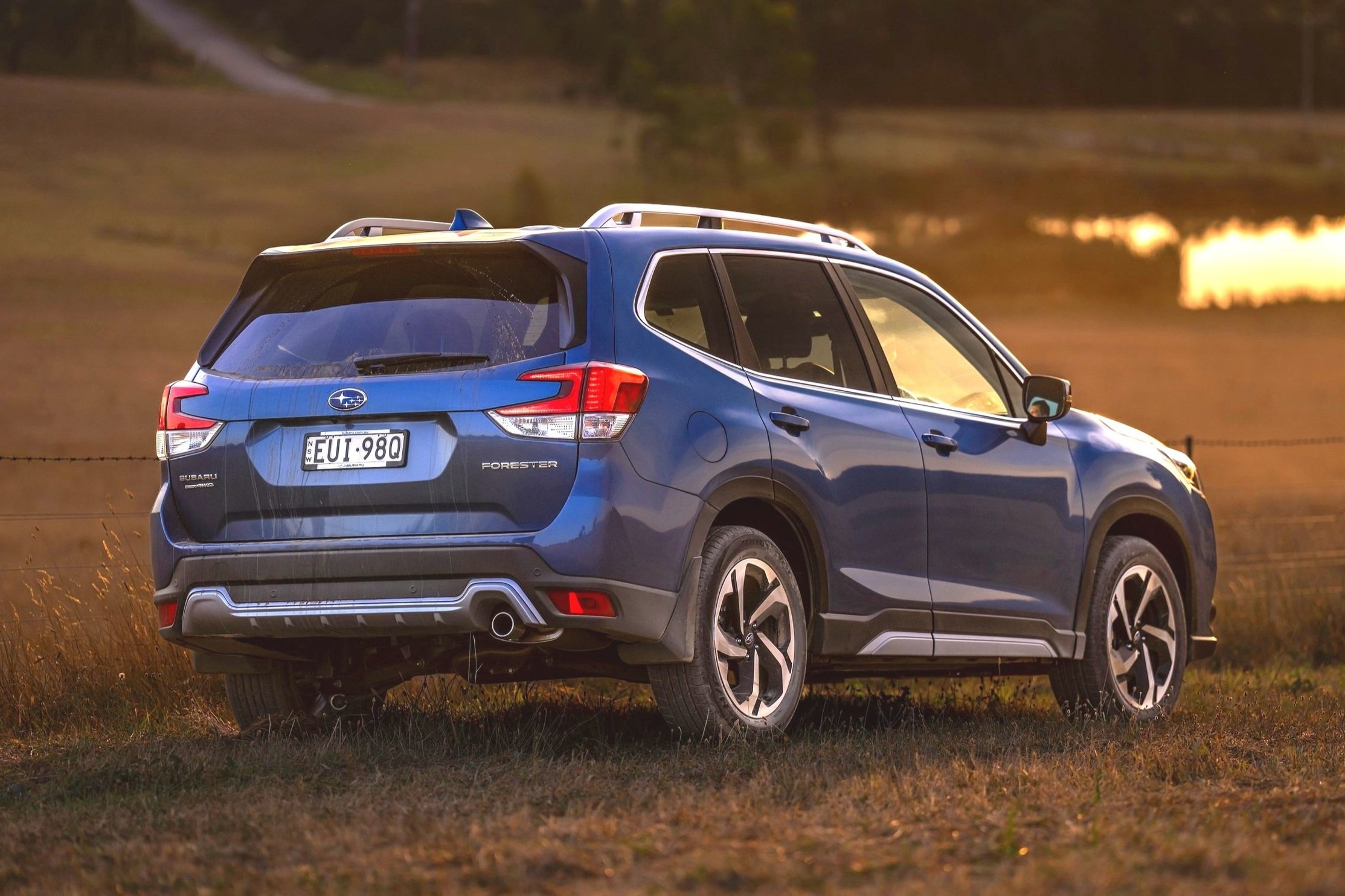
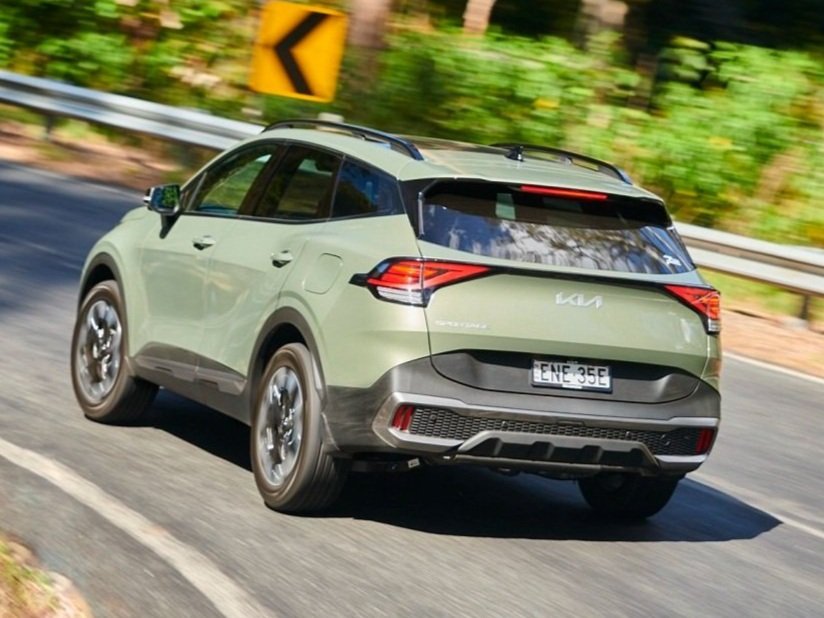
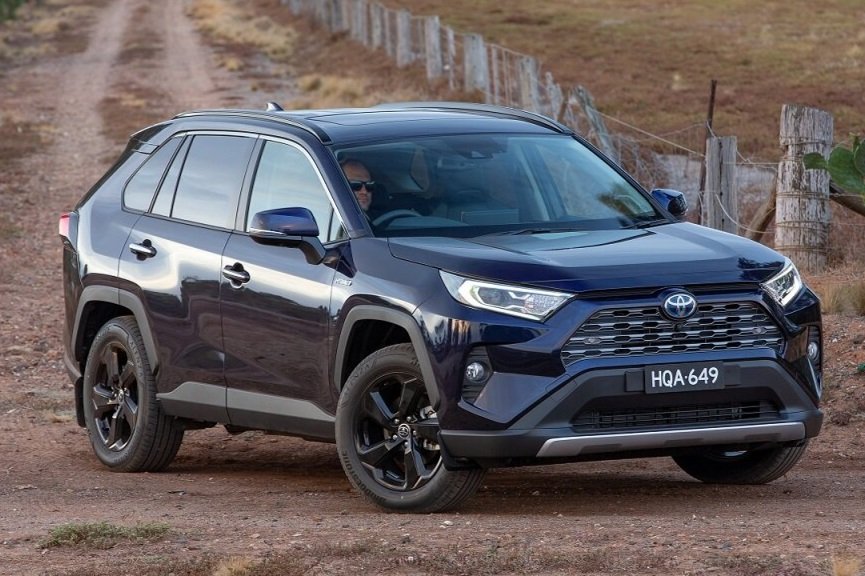
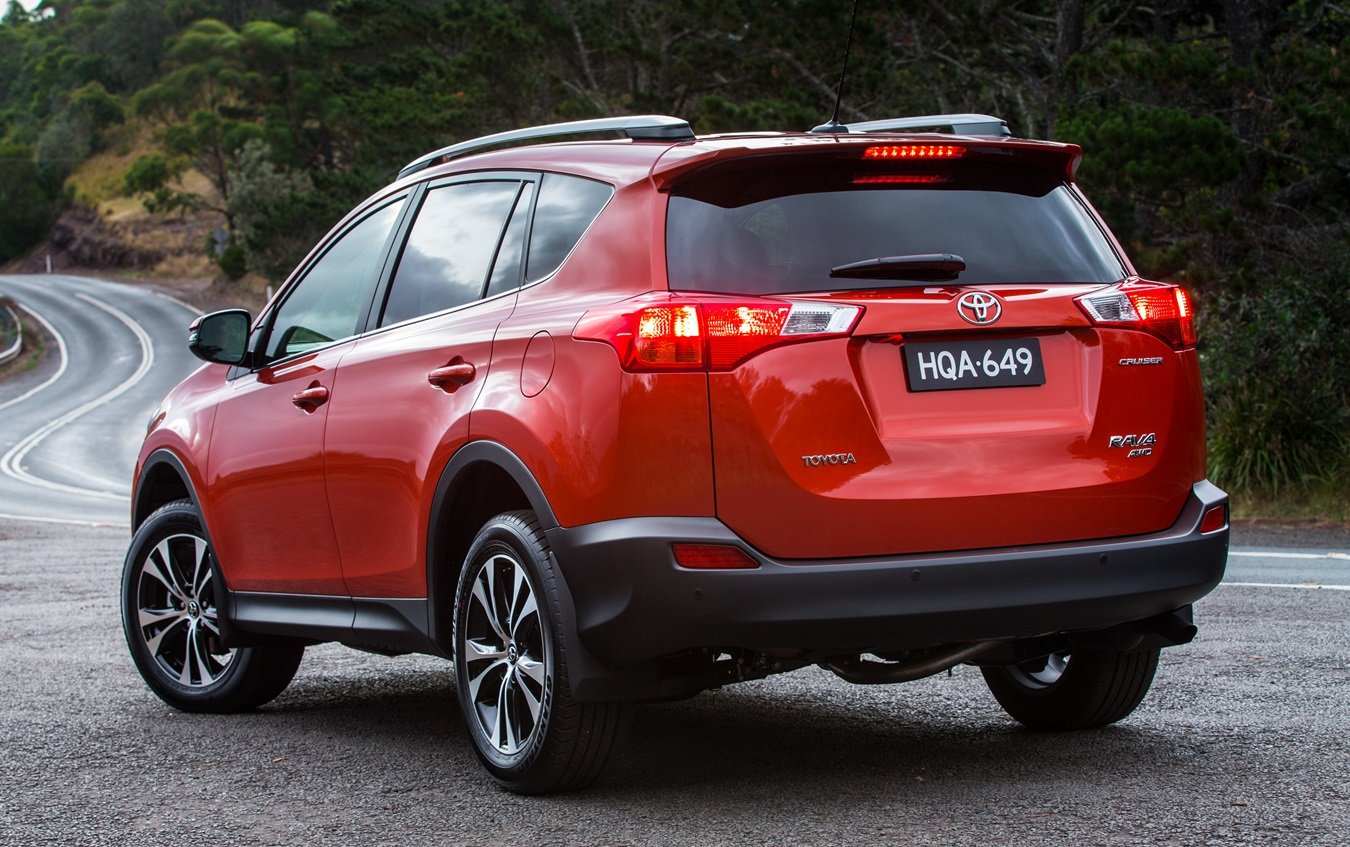
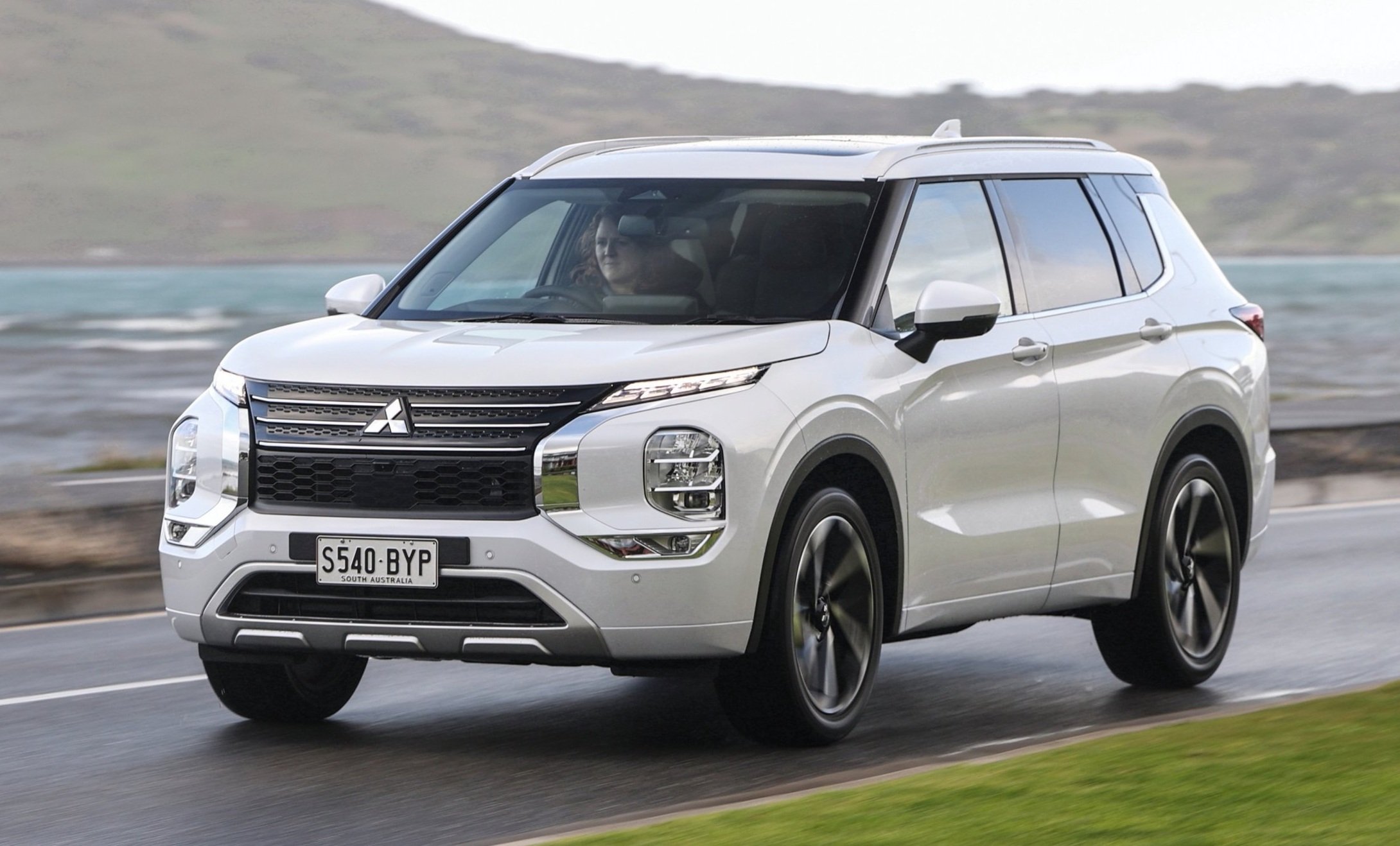
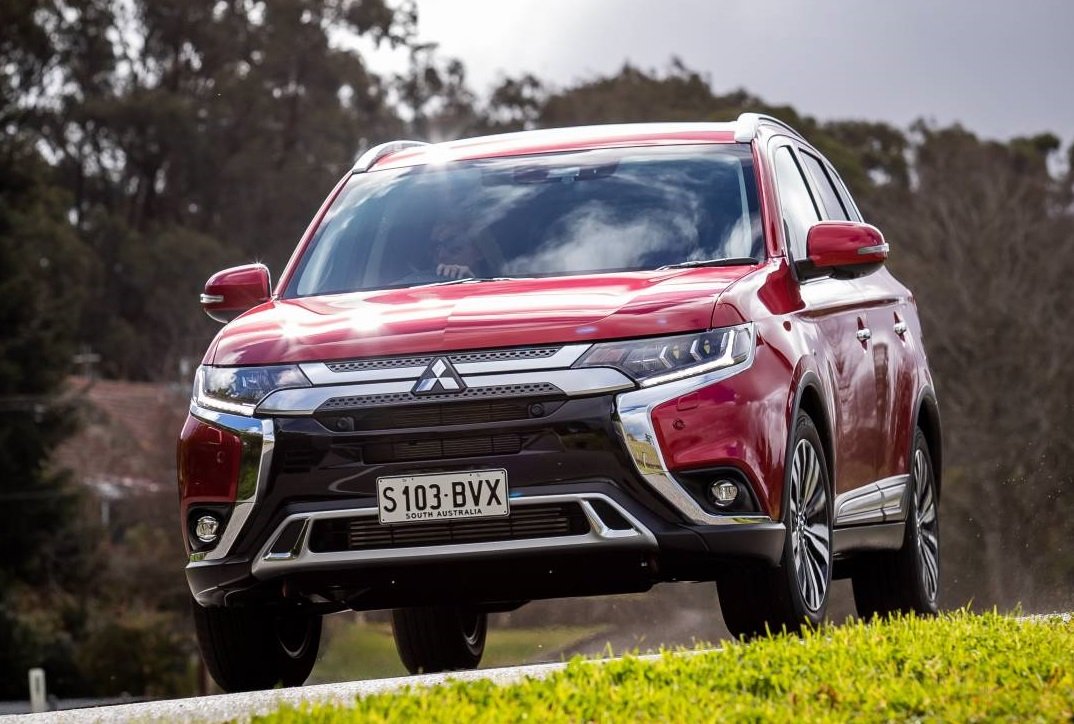
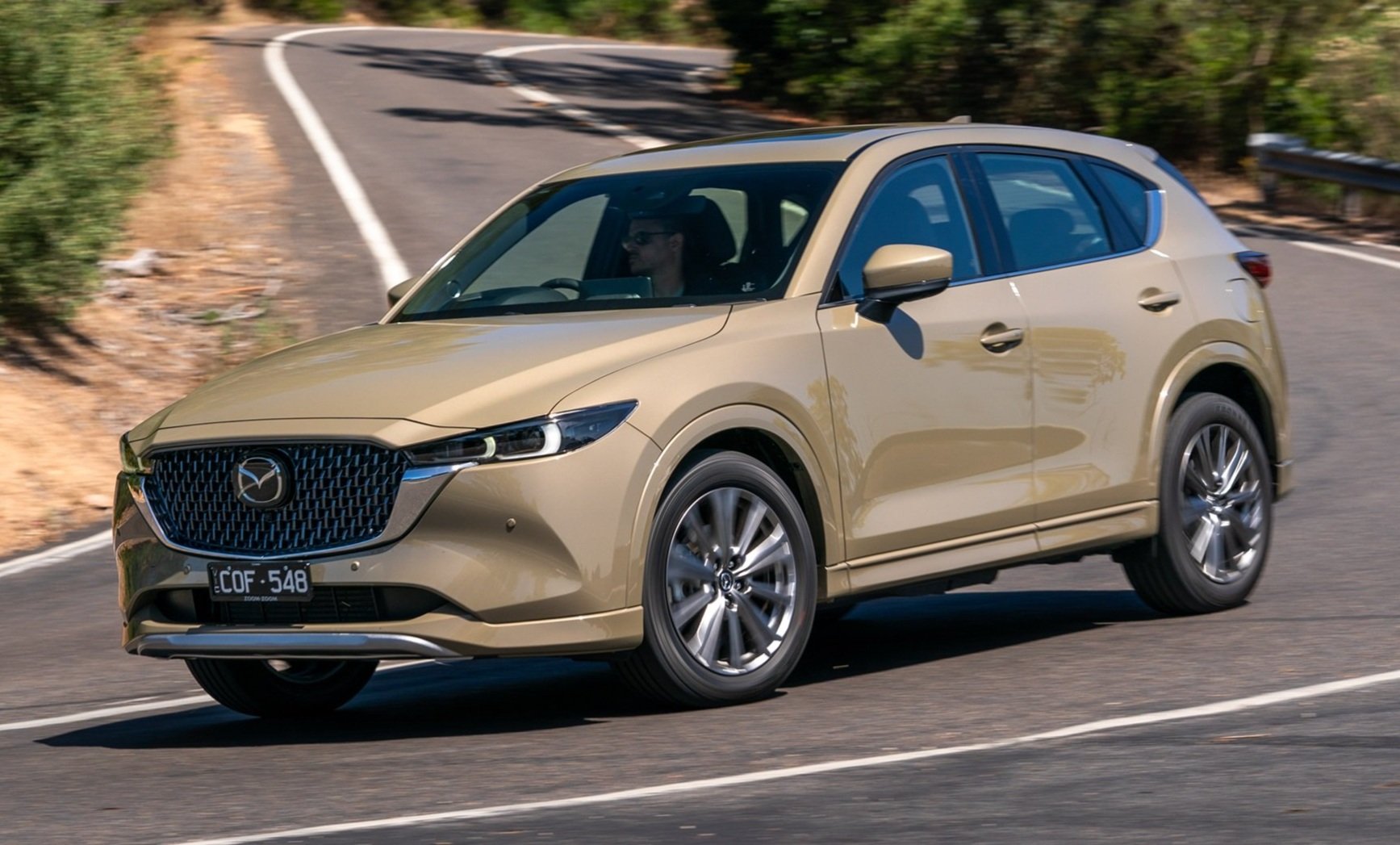
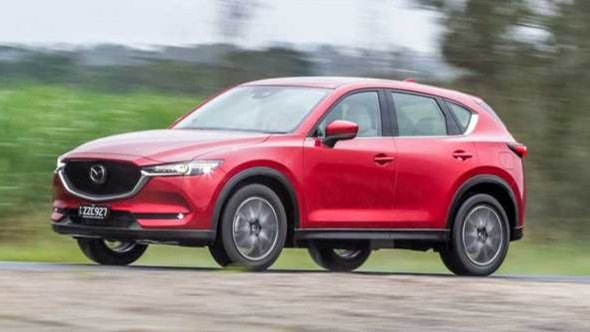

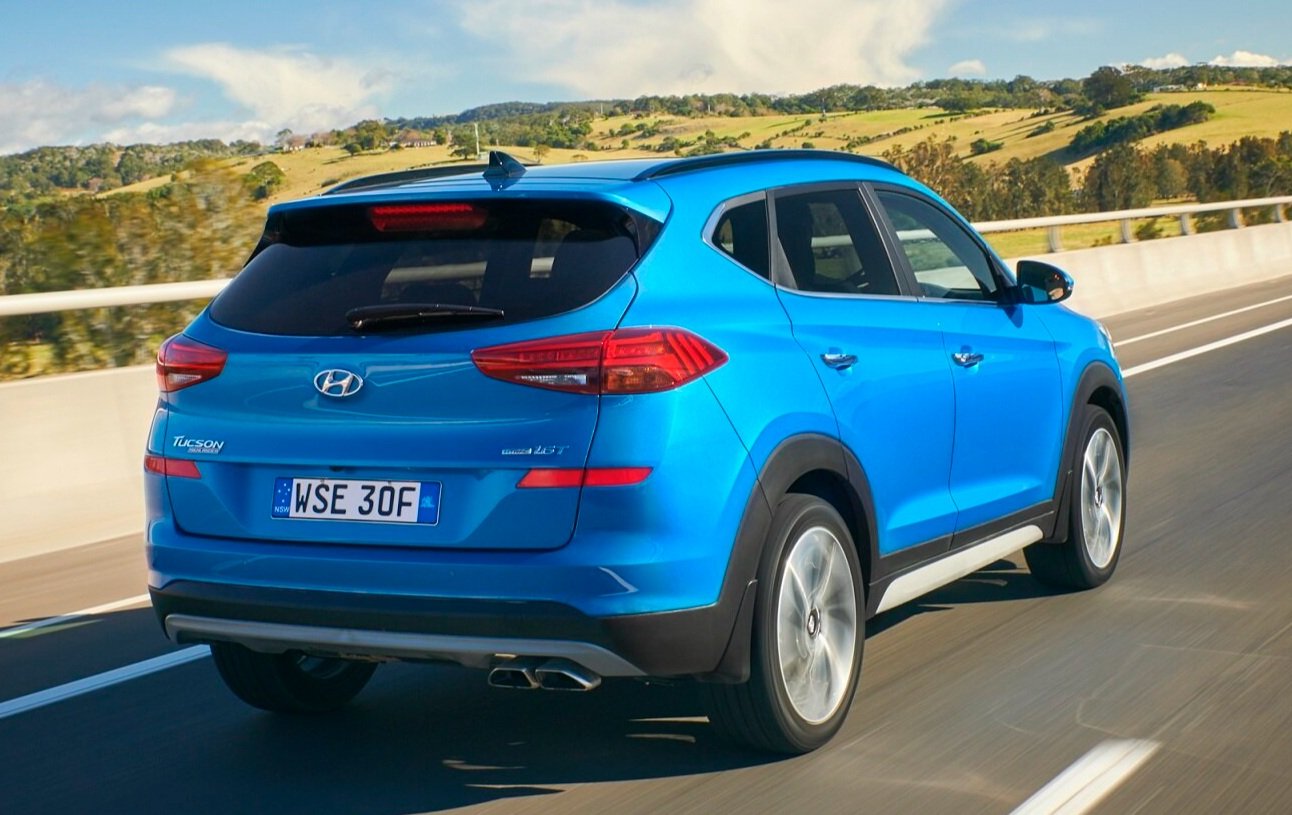

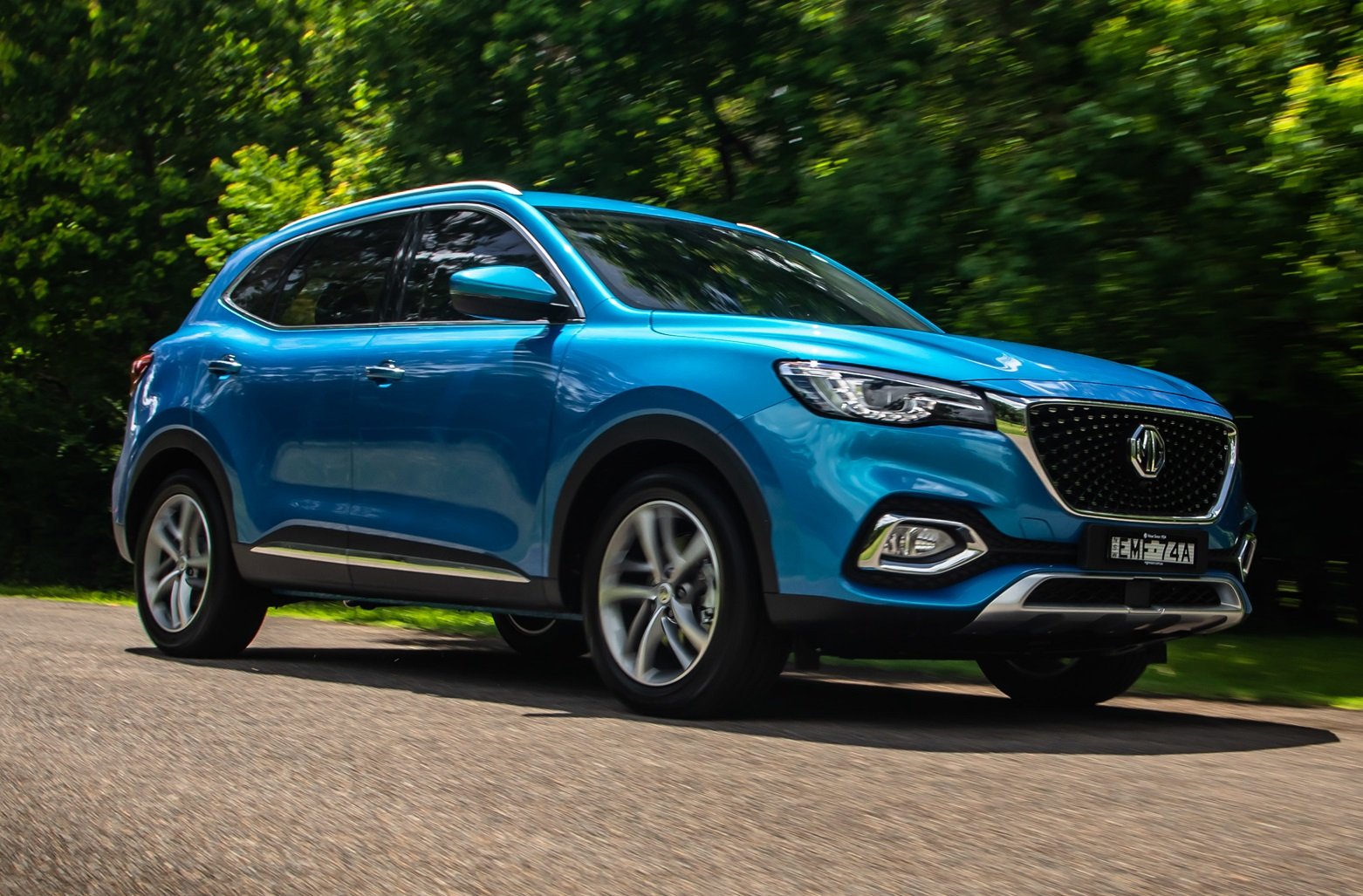









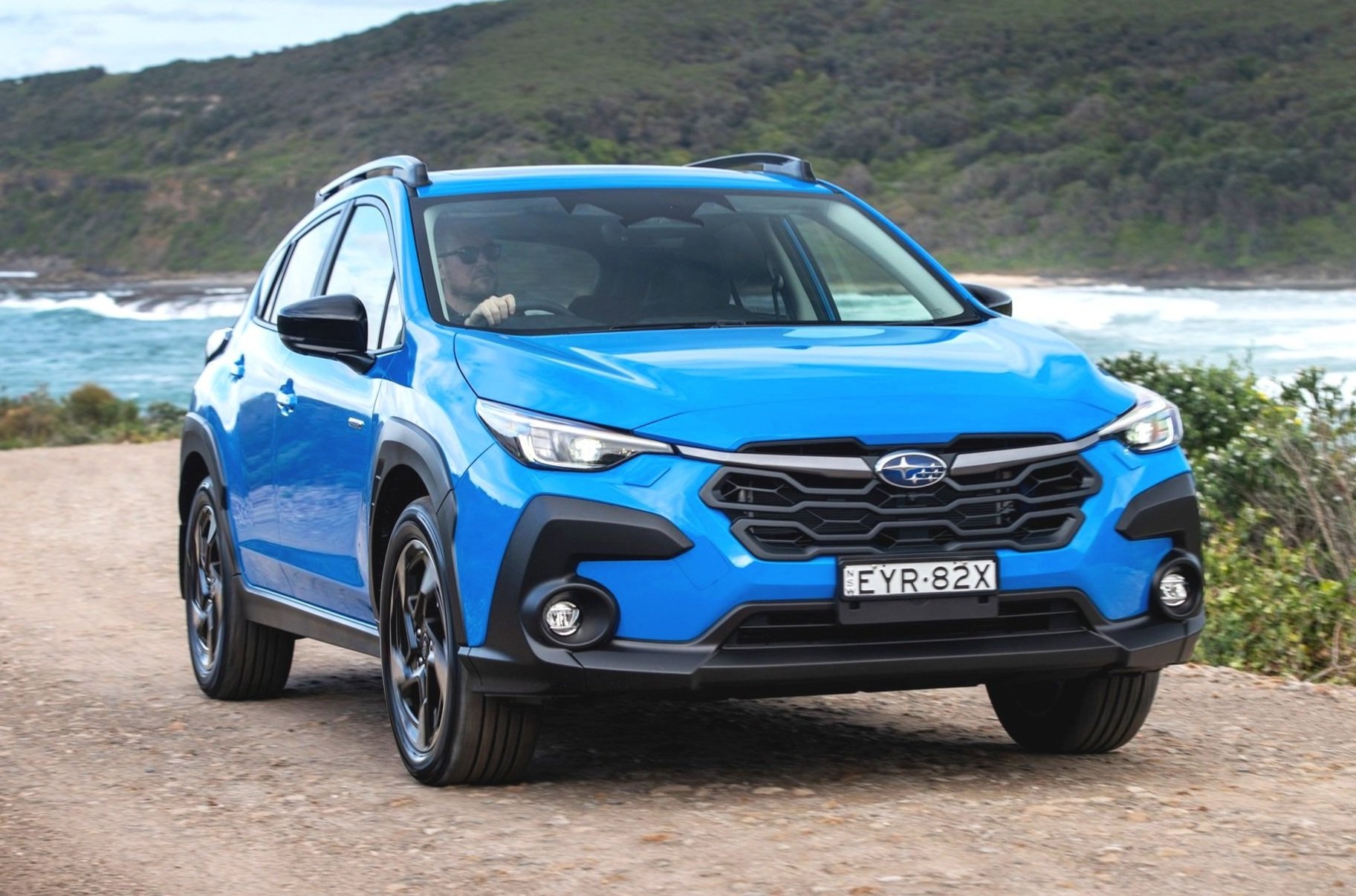
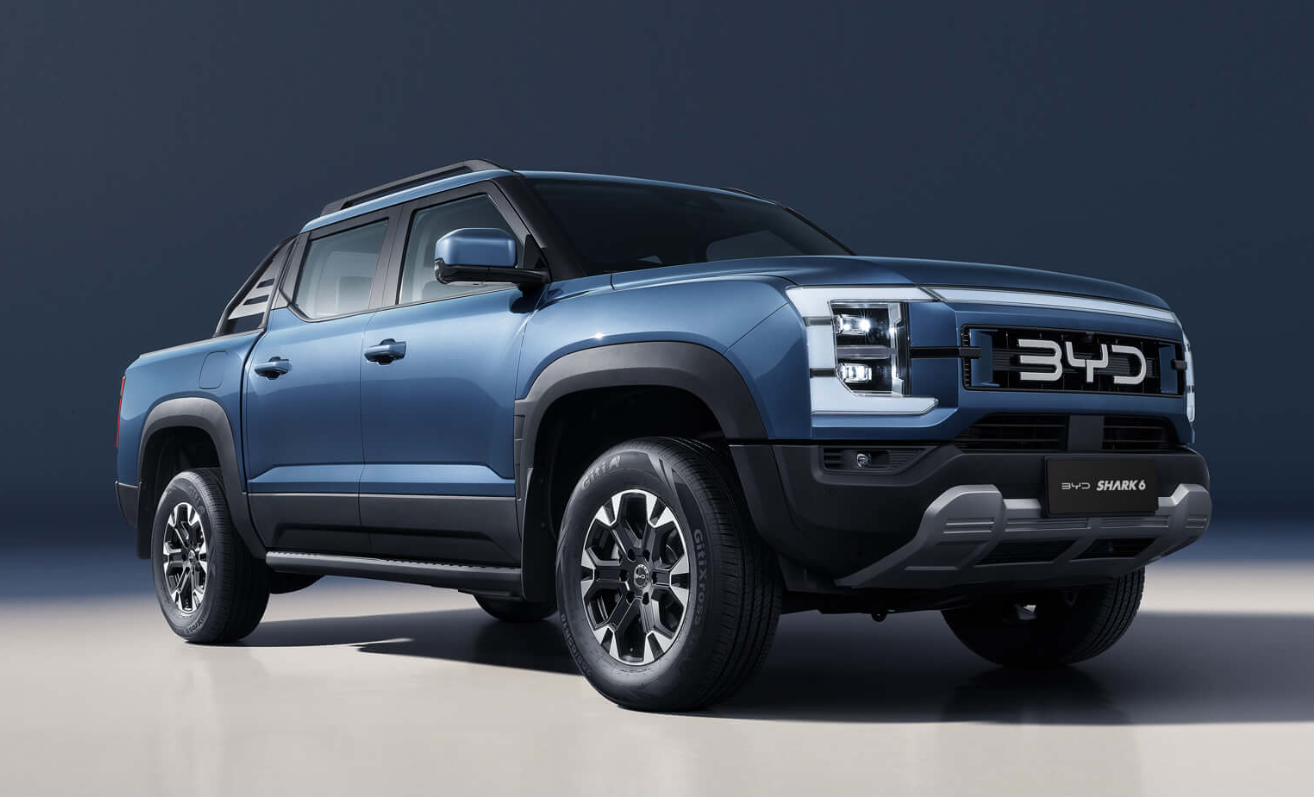


The T9 is China’s next workhorse trying to make the Ford Ranger, Toyota Hilux and Mitsubishi Triton irrelevant. With cheap utes becoming popular in Australia, it promises toughness, practicality and affordability that appeals to private and fleet buyers. But unknown brands like JAC must face tough questions…